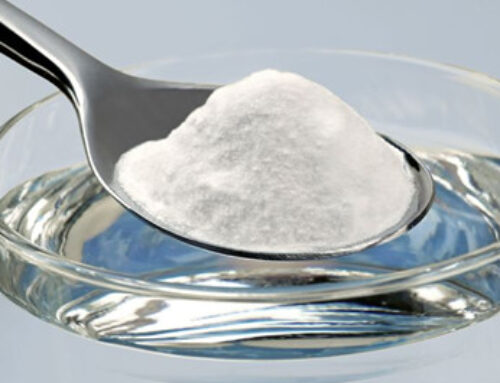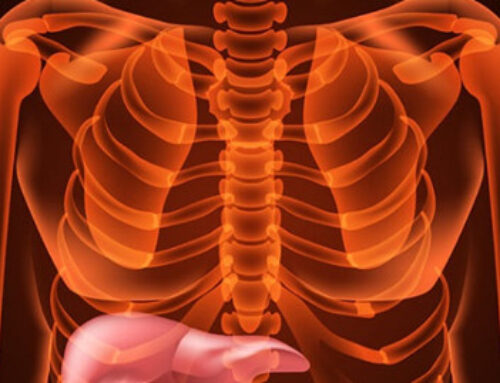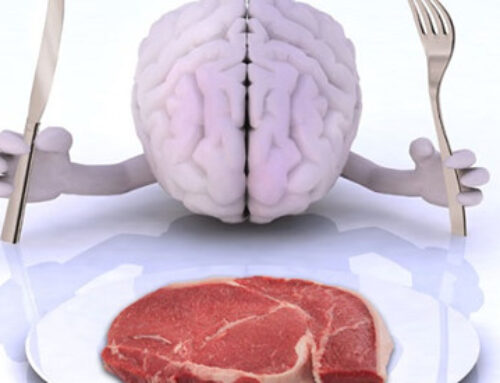Many people struggle with acid reflux? This all-too common digestive issue is often treated with prescription medication, but long-term healing requires proper nutrition. In this article, I will explain the processes behind reflux and help you understand why drugs are not a good solution.
Nowadays, acid reflux or GERD is so common that 25 million Americans experience heart burn daily! Some people even have ‘silent’ reflux, a condition where damage to the esophagus is taking place without the symptoms and without the pain. Not healing reflux is dangerous for many reasons, because a damaged esophagus can potentially turn into Barrett’s esophagus, which can become cancerous. Of course, the normal plan of action when struggling with reflux is to see your MD and get a prescription for a proton pump inhibitor (PPI) to stop the over-production of acid that is causing the heartburn in the first place. Drugs like Prilosec, Nexium and Prevacid, just to name a few, all reduce, even completely eliminate, the production of acid in the stomach at the cellular level by shutting down the tiny acid pumps. This brings relief to the person who is dealing with the agony of gastric reflux. But is this the best way to treat this condition? I think not.
PPIs treat the symptoms of reflux but they make the underlying issue much worse. If you look at the root cause of heartburn, it is most often not an issue of too much acid production, but an issue of not enough acid being produced in the lining of the stomach, along with some other factors that need to be considered (1). This sounds completely counter-intuitive—heartburn coming from not enough stomach acid. I need to explain a little about our physiology for this to make sense.
Our body has many different pH levels, depending on where the pH is being measured. For example, the blood pH is going to be different from the pH of the mouth, and the pH of the stomach is going to be different than the pH of the small intestine and so on. The stomach needs to be acidic—really acidic—to break down our proteins which, compared to carbs and fats, are the most difficult to digest. And we need excellent digestion to be able to extract minerals, vitamins and other nutrients from our food. To do this, stomach pH needs to be around 1.5–2.0 on a pH scale of 1–14, with 1 being as acidic as possible and 14 as alkaline as possible. 1.5 is pretty incredibly acidic.
The standard America diet does not promote the manufacture of healthy levels of hydrochloric (HCl) acid production in our stomach. Very often the pH of hydrochloric acid in the stomach is above a pH of 3 or 4 and at that point, the breakdown of proteins cannot take place because the acid is just not strong enough.
When we don’t manufacture healthy levels of HCl and cannot break down our food properly, it causes a chain reaction. The food will sit in the stomach fermenting and rotting, the stomach not emptying into the duodenum like it should, which can cause gasses to build up. These gasses create pressure that can push the mix of liquid food and acid up into the esophagus, and this causes the powerful burn that sends us to the doctor. Now our esophagus isn’t as wimpy as it might seem. We can actually tolerate a small amount of reflux in our esophagus, and a small amount on occasion is completely normal. But when we have chronic reflux, the esophageal microbiome is destroyed, the mucosal barrier in the esophagus is eroded away and the acid is able to hit the nerves that are exposed underneath. This is the cause of the burning pain.
Besides lack of good nutrients in the diet, what are other reasons this healthy, normal part of digestion becomes so dysfunctional? Part can be neurological in nature. We have our autonomic nervous system, which is either in the sympathetic state (fight or flight) or the parasympathetic state (resting, relaxing, digesting). We are always in either state but not both. If we tend to live a more stressful life, like most of us today, then we are in a chronic state of fight or flight, and it is not possible to manufacture the necessary digestive juices and HCl necessary for the breakdown of our food. Our energy is going into the production of stress hormones, activating our adrenal glands, not our digestive processes. Just taking a few moments to feel gratitude for the food about to be consumed—taking five slow, deep breaths and releasing them slowly—will put a stressed person into the sympathetic state (Is this you? You may not recognize you are stressed if it’s chronic). This relaxation will allow your body to produce the stomach acid so necessary for complete digestion.
Sometimes, the problem is mechanical. Hiatal hernias can be behind a reflux problem. This is a hole that opens in the diaphragm close to the esophagus and a part of the esophagus can slip down into the stomach or a part of the stomach can shift up into the area of the esophagus. This can be fixed with the help of a practitioner who is trained to make hernia adjustments (usually a chiropractor). This sometimes occurs after a hard jolt to the body, like a slip on ice or from a car accident. People have had miraculous recovery from heart burn after adjusting a hiatal hernia.
So back to the PPIs. If your body is not producing enough HCl and you have developed a case of reflux, a PPI will probably give you some fast relief. They can take your stomach acid production down to zero. But this isn’t how to fix the problem, in fact, it will create more problems down the road. If you are not breaking down your food completely, you are not getting the nutrients you need. A chronic lack of nutrients being consumed is referred to as malnutrition. Some of the problems associated with long-term use of PPIs include vitamin and mineral deficiencies leading to bone fractures, Crohn’s disease, ulcerative colitis, IBS, cancer, and other health issues (1).
The highly acidic nature of the stomach is not only for protein digestion; it is your body’s first line of defense against pathogenic microbes that enter your digestive system. The acid kills these microbes so they cannot survive, multiply and make us sick. It all stops at the stomach, or at least it should! If there is not enough acid, unwanted microbes can get into our digestive tract. Low acid makes it very easy for small intestine bacterial overgrowth (SIBO), pneumonia, or C. difficile (a nasty bug that causes terrible diarrhea and is very hard to get under control) to get started, and many other pathogenic microbes including parasites, fungus, and viruses can take over and make us sick. I hope you can see just how important hydrochloric acid is—it is certainly not the villain here. When the body is damaged by stress, malnutrition or a physical defect like a hernia, the cure is to invest in nutrition therapy, not attack the symptoms with a damaging drug. (For a more in-depth discussion on SIBO, see my article: Potty Talk – Is Gas & Bloating a Problem?)
This suggestion is so simple most will not even try it, but eating slowly and chewing your food well will help enormously with heartburn. Wolfing down your supper without chewing makes it very hard for the stomach to further break down your food. Until your digestion is back to a healthy place, there are ways to increase your levels of digestive juices using enzymes, apple cider vinegar (1-2 teaspoons in 6 ounces of water before and/or after meals) and supplementing with HCl, though dosing needs to be worked out with a practitioner. Getting digestion turned back on again will help to increase your ability to extract nutrients from your food. Once you have those nutrients coming into your body again, healing starts to happen. Eliminating foods like wheat, dairy, and sugar that are known to cause sensitivities, can also prevent heartburn. These foods are inflammatory, and inflammation is another cause of reflux.
Getting a handle on stress is underestimated as a solution to medical problems. Our culture places high value on hard work and long hours at the office. It’s a sign of success but it is also a big problem. Success should never be based on the amount of time spent at work, but should be based on other measures that are more healthy. Stress leads to a breakdown of many metabolic functions in the body, especially with our digestive processes. When stressed, digestion stops. Getting healthy amounts of sleep, taking time off from work, spending time with friends and family, taking up a hobby, learning a new skill (like the lost art of cooking)—these are all ways to bring down the stress levels, which will improve your digestion.
If you try the suggestions mentioned above and after three months see no relief, then you need to knuckle down and get some testing done. Advanced lab testing can help you determine if there is an underlying infection that needs to be addressed that standard lab tests usually miss. Again, a nutritional practitioner with functional training can help you with this.
Though I think it is very important to be responsible for your own health, I strongly recommend you find a good practitioner to work with. Someone that knows and understands very well the digestive system, so together you can get to the bottom of your health problem. This article is to help you become more educated about reflux, but to completely cover all the information regarding this condition would take much more time—something a functional practitioner can do in the setting of one-on-one counseling.
Cited References:
- Wright Jonathan, MD, Lenard L, Ph.D. Why Stomach Acid is Good for You: Natural Relief from Heartburn, Indigestion, Reflux and GERD Rowman and Littlefield Publishing Group, 2001.










